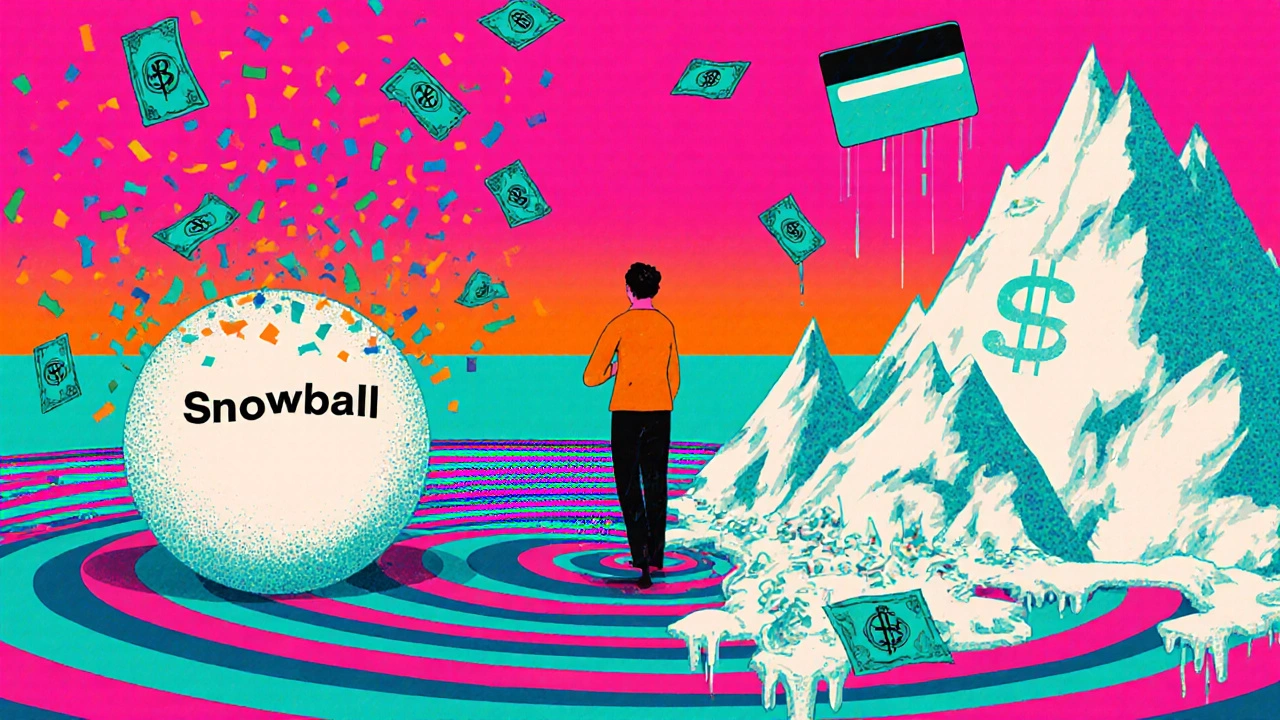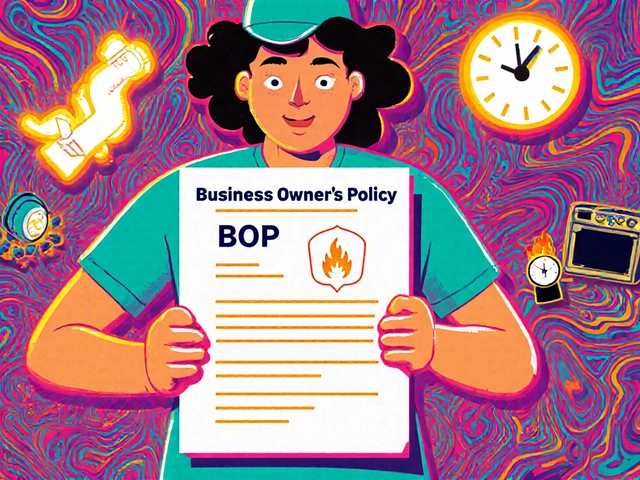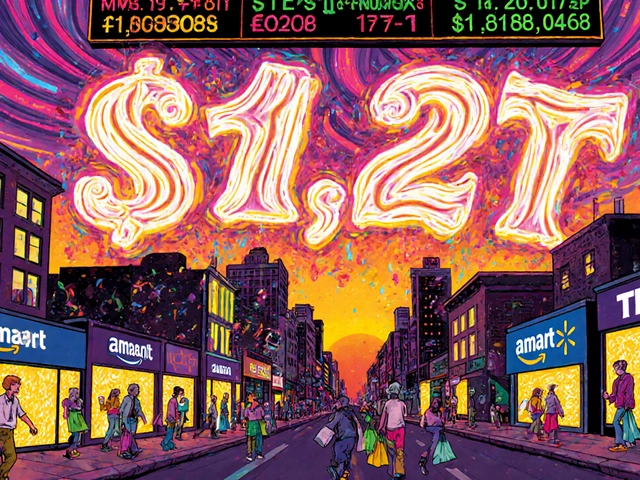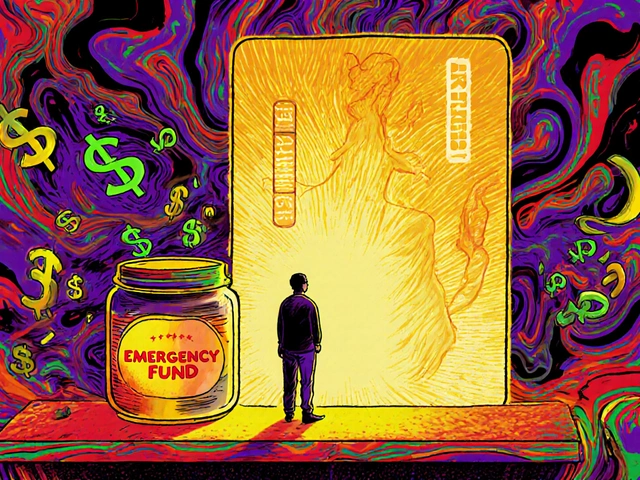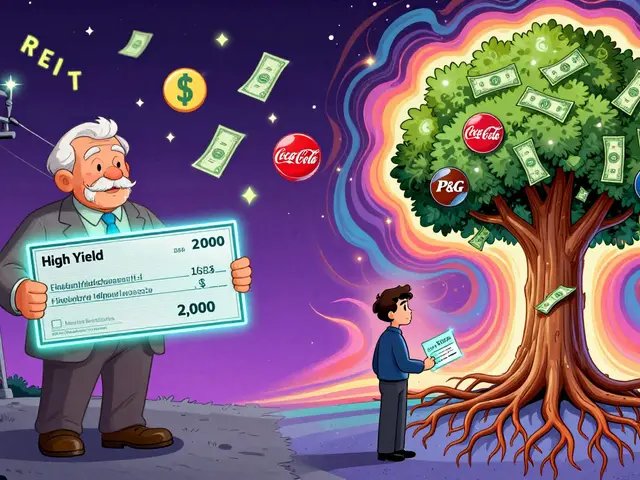Debt Management: How to Take Control of Your Money and Sleep Better
When you're drowning in debt, it's not just your bank account that suffers—it's your sleep, your relationships, and your sense of control. Debt management, the process of organizing, reducing, and eventually eliminating outstanding obligations. Also known as debt payoff strategy, it's not about being perfect—it's about being consistent. Most people think debt management means cutting out coffee and skipping vacations, but real progress starts with understanding what kind of debt you have and why it stuck around in the first place.
Not all debt is the same. Credit cards, high-interest revolving balances that trap people in minimum-payment cycles are the most common culprit. They’re easy to use, hard to escape, and often carry rates over 20%. Then there’s student loans, medical bills, and even car loans that stretch too long. The real problem isn’t the amount—it’s the lack of a clear plan to tackle them one at a time. And here’s the thing: emergency fund, a small cash buffer to prevent new debt when life throws a curveball isn’t optional. People who skip this step end up right back where they started after one unexpected expense.
Good debt management doesn’t require a finance degree. It just needs a few simple rules: pay more than the minimum, stop adding new debt, and know which bill to attack first. Some people swear by the snowball method—paying off the smallest balance first for the win. Others use the avalanche method—targeting the highest interest rate to save money long-term. Both work. What doesn’t work is waiting for the "right time" or hoping your income will magically rise. The data doesn’t lie: people who start with a $50 extra payment each month cut their debt timeline in half over five years.
And yes, budgeting, tracking your income and expenses to make sure every dollar has a job isn’t about restriction. It’s about freedom. When you know exactly where your money goes, you stop feeling like a victim of your own spending. You start making choices instead of reacting to bills. That’s the shift that turns debt management from a chore into a strategy.
You won’t find magic formulas here. No app will fix your debt if you don’t change your habits. But you will find real stories, real tools, and real steps from people who got out—and stayed out. The posts below cover how to negotiate lower rates, how to use digital banks to automate payments, how to avoid credit traps, and how to build a safety net so you never have to rely on a credit card again. This isn’t about being rich. It’s about being in charge.
